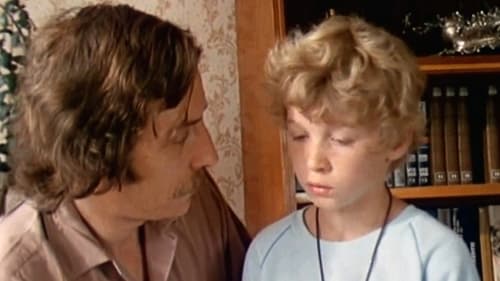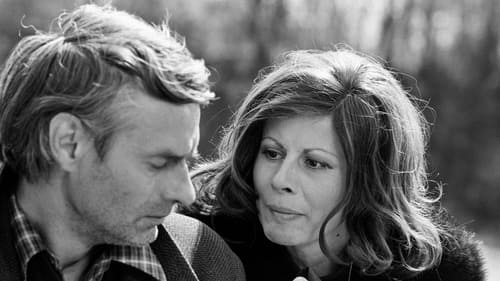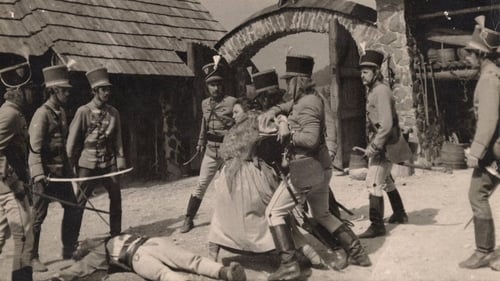
Margita
A satiric tragi-comedy about two women and their lover Robert who is an emigrant that keeps coming back. This film shows chaotic post-communist Europe after the fall of totalitarianism. Two opposite characters, women, meet during the Velvet Revolution in November 1989. Intellectual dissident Nona and a Communist secret police boss’ mistress Ester. They meet at an anti-regime demonstration and become friends. They don’t want anything to do with politics, both want to get married and have kids, but also get rich. Crazy plans and risky attempts to realize their shared dreams land them in many sticky situations in the post-revolution chaos. Too much money gets in the way of the power of friendship.

Vilma Jamnická
A father/son get-together trying, in their inept way, to do some repair work to their home that they have out in the country.

Magduška

ženička

Grandma
Фильм рассказывает о дружбе грузинских и словацких виноградарей. На фоне этой дружбы развивается главный сюжет фильма - любовь словацкой девушки Дарины и грузинского парня Заура.

Križanová

Old Krnáčová (voice)
Slovakian villagers towards the end of WW II are despairing as German troops fall back to their village.

Janitor

Marina / Vlado's Grandma (voice)
Vlado, an intelligent boy living in a small village, has fantasies that take him away from his humdrum life. But as the Nazi occupation begins to encroach on the townsfolk his fantasies and reality begin to merge.

cigánka Dora

Slepá Baba
О национальном герое словацкого народа Юро Яношике, поднявшем в XVIII веке знамя борьбы за счастье и свободу простых людей.

Капитан Дабач служил в словацких частях гитлеровской армии, видел зверства и бессмысленную жестокость фашистов. Он всегда бездумно подчинялся приказам. Но однажды он не выполнил приказа и отказался расстреливать беззащитное население маленькой украинской деревни. Его судили, приговорили к расстрелу. Дабачу удалось бежать, и он примкнул к партизанам. В дни национального восстания против оккупантов Дабач был одним из его активных участников.

Misko's mother
Действие происходит во время национального восстания 1944 года. В словацком селе погибли два немецких солдата. Командир немецкой части (Ладислав Худик) объявил, что за каждого убитого солдата будут расстреляны пять заложников. И не меняет своего решения, когда становится известно, что солдаты погибли из-за несчастного случая. Но крестьяне не ждут покорно своей судьбы - они берутся за оружие...


Slovak movie is based on the novel by the prominent representative of Slovak prose František Hečka, who was in 1952 awarded the State Prize. The novel and the movie successfully capture the development of Slovak village after the liberation in 1945. The narrative is centred around the characters of the old Púplava, who after the liberation begins to organise a new village life, and his struggle for the construction of settlements Mrzáčky, burnt by the fascists. It is centred around the conflict, greatly reflecting the situation of the countryside at this time: the conflict between the rural poor and the rural rich. In the movie, a rich personal and emotional life of other heroes pulsate besides the main storyline. The movie ends with the final defeat of the reactionary forces by Communists in February 1948, taking over all power in the state of workers and peasants. - "The Wooden Village" is released in celebration of the 7th anniversary of the Communist February Victory.








